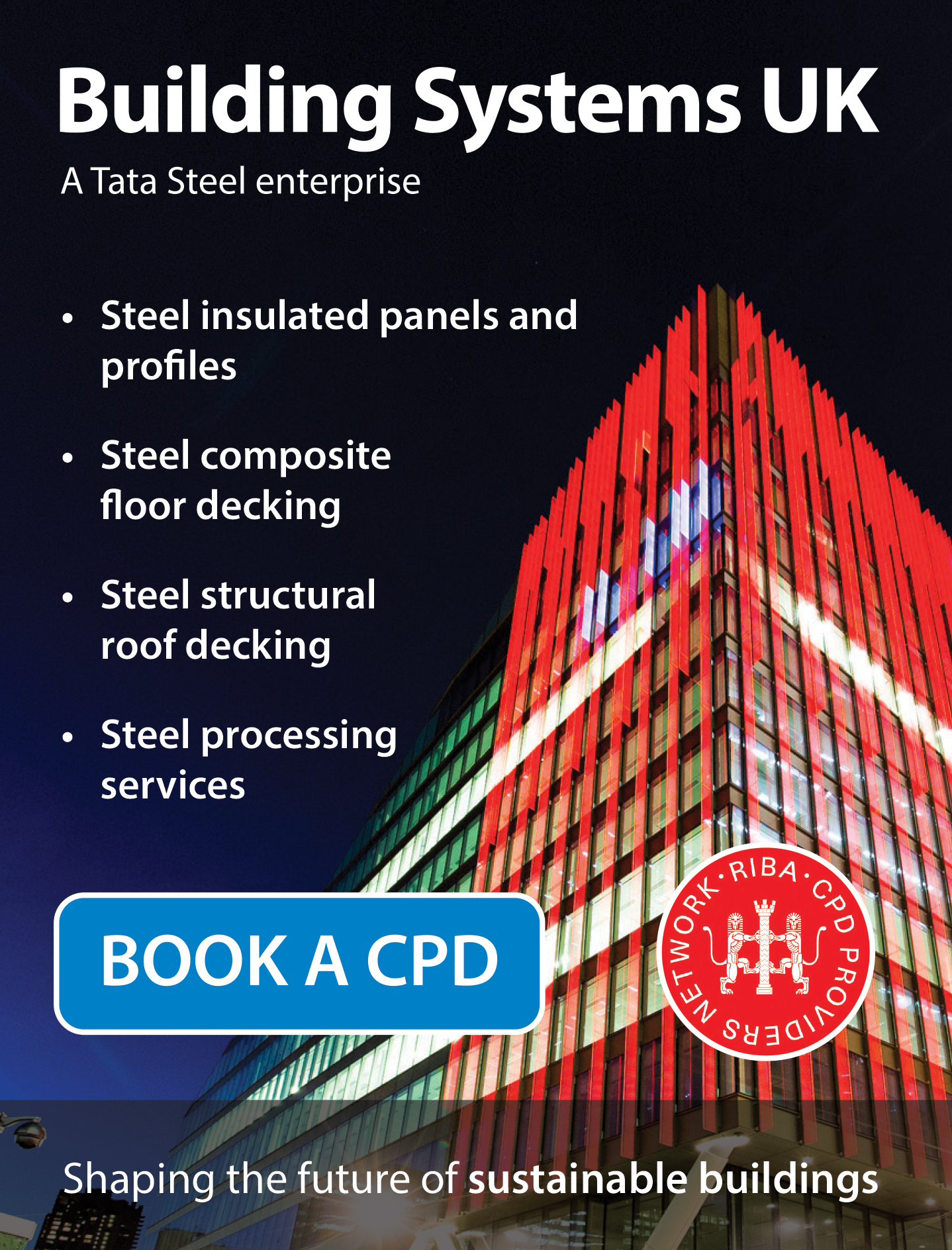Current government proposals will see an overhaul of the UK’s immigration system post-Brexit, abolishing free movement of EU labour and focusing on migrant workers’ skills over their nationality. Immigration solicitor Anne Morris warns that UK businesses employing EU workers should expect to be hit hardest by the new rules.
Under current immigration rules, UK employers can hire EU citizens without seeking permission from the Home Office.
But this is set to change, with government plans for a new system focused on skills over nationality. This will effectively mean anyone wanting to come to live or work in the UK after Brexit will – regardless of where they are from – will need to apply for the relevant permission to enter and work in Britain.
The Immigration Bill will see the biggest overhaul in UK immigration since the introduction of the points-based visa system and construction businesses will need to brace themselves for impact on how they recruit, onboard and employ non-UK workers.
Proposed new rules for hiring non-UK staff
Government proposals centre on the following fundamental changes to the current system:
–Removal of ‘preference’ for EU citizens
The current stated position is that free movement is to end with Brexit and any favourable terms in respect of EU citizens’ rights to live, work and study in the UK will be abolished.
Consequently, EU citizens will become subject to points-based criteria and UK visa application processes in the same way as nationals from non-EEA countries presently are.
The implications for UK employers will be far-reaching. Employers hiring non-UK workers under the new system will have to pay the relevant costs of hiring under the points-based system, they will have to satisfy minimum salary thresholds and they will also have to meet the related compliance duties set by the Home Office.
These demands are not insignificant and will for many smaller and independent businesses make hiring non-UK workers prohibitive.
The change will also make it almost impossible to hire EU citizens for lower skilled roles, unless they fall under any sector-specific exception. The construction sector has, in initial announcements at least, been cited as falling within such exceptions.
It is possible that some leniency towards EU citizens could emerge where reciprocal trade and mobility agreements are made with individual countries. These are likely to be in a similar form to other foreign nationals such as Australians, but the Government is clear that this would be under conditions and any existing ‘preferential treatment’ is to be removed. The aim is that EU citizens will need to demonstrate their value and contribution as economic migrants, and employers will have to pay for the privilege of employing them.
-Provisions for lower skilled workers
Limited exceptions to skill requirements will be built into the new system to provide some measure of protection for the economy in sectors deemed critically reliant on migrant, lower skilled workers. Effectively, such workers will be granted entry in pre-determined sectors where serious labour market shortages exist that are not able to be resolved by the domestic market.
The detail of any specific provisions for those sectors recognised as relying on lower and medium skilled migrant employees are yet to be formalised but industries such as construction, agriculture and health and social care are in line to be catered for.
The reality is there will always be the need for ‘doers’ across all sectors – people willing, able to take on work that isn’t being taken up by the resident market.
-Improving the highly skilled visa route
The existing cap on the number of Tier 2 (General) visas that can be issued to highly skilled workers is to be abolished. This will allow employers to hire qualifying workers as they require and without being subject to arbitrary limits or having to compete for visas with other employers across other professions.
But central to any changes will be the need to determine what is meant by a ‘skilled’ worker. Indeed, the proposals also look at extending the Tier 2 route to include medium skilled workers. Again, clarification will need to follow as to which roles and capabilities would fall under this new categorisation.
The Government’s current list of Shortage Occupations for skilled workers centres on those with specific qualifications, training and experience. But the economy is experiencing shortage in roles that are significantly broader than the current provisions allow. The first review of the list in over five years is currently underway but whether this will take account of the huge leaps in skills demand remains to be seen.
–New agreements with non-EU nations
With a focus on skilled workers and the removal of free movement, we expect new agreements to be entered into with countries such as the US and former Commonwealth nations, to facilitate talent exchanges and closer trade relationships. This will in effect mirror the UK system ‘pre-Europe’.
Where are we now?
The Government is currently in the process of piloting the Settlement Scheme, which, under current proposals will require all EU citizens in the UK to register for settled status by the end of the Brexit transition period to secure their lawful status to live and work here.
Those with settled status will be able to continue to live and work in the UK and will not be affected by any post-Brexit rule changes impacting EU migration.
But until any new legislation is passed – the rules remain unchanged. EU citizens enjoy free movement and the right to enter and work in the UK without immigration restrictions, whereas non-EEA nationals in most cases need to apply for a visa.
What is on the table however should be cause of concern for UK employers of EU workers. While your current EU employees are unlikely to be affected by the new rules, any post-Brexit recruitment, onboarding and employment of EU citizens is expected to cost your business more and to be more of a drain on your management and HR resources.
This is of course the government’s overriding objective of the system overhaul – to de-incentivise international recruitment in favour of the UK resident labour force.
Anne Morris is a UK immigration lawyer and managing director at business immigration solicitors DavidsonMorris.





